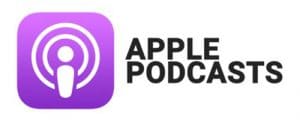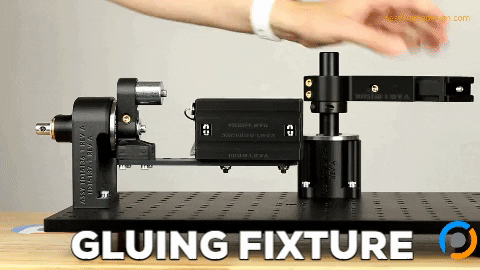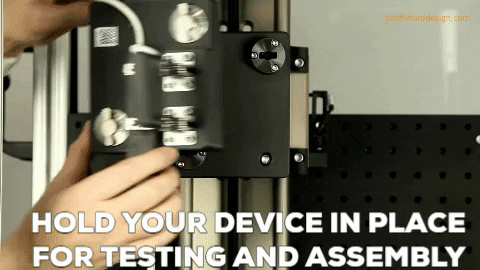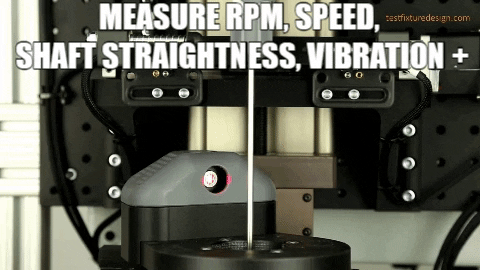Mini Episode | Are Your Systems Aligned with Your Goals?

Mini Episode
In this series of mini-podcast episodes, founder of Pipeline Design & Engineering Aaron Moncur explores a variety of principles he has learned and developed over the last 13 years to grow himself and the engineers on his team. Today’s episode is focused on the achievement of goals. To set a goal is not enough. The accomplishment of goals often requires a system for doing so. Learn how to create simple systems to help accomplish your goals, and how to evaluate whether a system is a good one or not.
EXPAND TO VIEW EPISODE TRANSCRIPTION
SUMMARY KEYWORDS
system, goals, achieving, training, simple, review, event, reports, conjures, family obligations, work, result, predictable outcome, regularly, belt, recurring, blocked, key business metrics, schedule, plan
SPEAKERS
Aaron Moncur
Aaron Moncur 00:03
Today the principle I’ll be sharing is about achieving goals. Specifically exploring the following question are our systems aligned with our goals? It’s been said that a person without goals is like a ship without a rudder. True enough, and a goal without a plan to achieve it is like a destination without a road. In his excellent book, Benjamin Hardy tells us that willpower doesn’t work. We as humans need a method for achieving our goals, not just setting them. Fortunately, one has already been invented. It’s called a system. My definition of a system is a set of practices that, if followed, will result in a predictable outcome. An outcome I’m very motivated to see realized is the success of my business. One of the critical factors in making that vision a reality is assessing the health and trajectory of my business on a regular basis. To do this, I’ve formulated a series of recurring reports that our administrative staff generates, which illustrate how well we’re achieving key business metrics such as productivity, profitability, efficiency, etc. Having the reports available, however, is not enough. I need to ensure I review them regularly so that I can take appropriate action in the business based on what they told me. For a long time, I reviewed them whenever I had time, in other words, not on a regular basis. As a result, I was missing trends and key insights I should have been paying close attention to, and not taking timely and appropriate action. As a result, I realized I didn’t have a good system in place to ensure I reviewed the reports regularly. I also realized that there were other items I should have been reviewing regularly, that were also being neglected goals, sales, lead status audits, etc. My solution were system was to create a series of calendar reminders for Monday mornings that reminded me and blocked off time in my schedule to spend time reviewing these specific items. So simple, it has worked brilliantly for me. Several years back, I started training in jujitsu, I loved it, and I set a goal to get my blue belt. To achieve that goal. I needed to be training several times per week or wouldn’t progress. But things kept getting in the way of being there often enough. I have a long day at work that would cut into training time, or it was a school event for the kids or I was just too tired. After three years, I still didn’t have my blue belt and I quit sad day. The reason I never got there wasn’t because it didn’t want it. It was because I never put into place a system to ensure I can train often enough. How could I have created such a system, I could have decided that on such and such days, I’ll create dedicated calendar events blocking out training time, so work didn’t sneak up and get in the way. I could have planned for short afternoon naps. To make sure I had the energy to train, I could have set a recurring task to look at my family obligations two weeks out. So events requiring my attendance could be identified early. And I could rearrange my training schedule for those days. I never did any of these things. And that’s why I failed. Side note, I have since returned to jujitsu implemented a simple system and earn my blue belt a year ago. I worry that people get scared of the word system because it conjures up in their minds, immense complexity, huge time commitments and fear of the unknown. But systems can be really simple. It could just be a calendar event, like I scheduled to review reports, or simple checklists like the ones we use a pipeline before releasing critical documents, or a method for organizing files. So everyone knows where to find what the point is. systems can be simple. And the best ones often are. How do you know if your system is a good one? You try it. If after a few weeks, you’re getting more of what you want. In other words, achieving your goals. It’s probably a good system. If you’re not chances are your system needs improving. Regardless, the system for evaluating a system is simply to try it and see what happens. Then revise as needed. If you’re having trouble accomplishing your goals, take a look at the systems you’ve put in place or haven’t to support those goals or your systems in alignment with that is supporting the accomplishment of your goals. If not think of Got the behaviors that need to occur to achieve those goals then create a system, checklist, calendar event routine etc. To ensure those systems get done, systems are our friends. Good luck.
We hope you enjoyed this episode of the Being an Engineer Podcast.
Help us rank as the #1 engineering podcast on Apple and Spotify by leaving a review for us.
You can find us under the category: mechanical engineering podcast on Apple Podcasts.
Being an Engineer podcast is a go-to resource and podcast for engineering students on Spotify, too.
Aaron Moncur and Rafael Testai love hearing from their listeners, so feel free to email us, connect on Facebook, Twitter, Instagram, and subscribe on Apple Podcast and Spotify!
About Being An Engineer
The Being An Engineer podcast is a repository for industry knowledge and a tool through which engineers learn about and connect with relevant companies, technologies, people resources, and opportunities. We feature successful mechanical engineers. Interview engineers who are passionate about their work and who made a great impact on the engineering community.
The Being An Engineer podcast is brought to you by Pipeline Design & Engineering. Pipeline partners with medical & other device engineering teams who need turnkey equipment such as cycle test machines, custom test fixtures, automation equipment, assembly jigs, inspection stations and more. You can find us on the web at www.teampipeline.us
You’ve read this far! Therefore, it’s time to turn your headphones up and listen now to this episode to learn all these. Don’t forget to tell your friends who might like this too!














